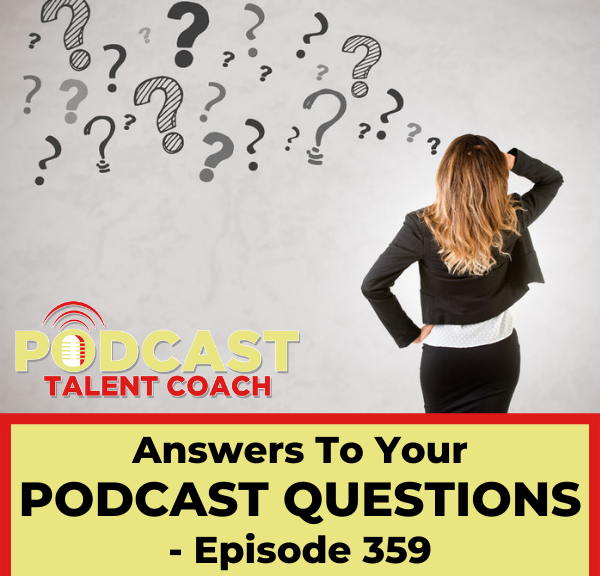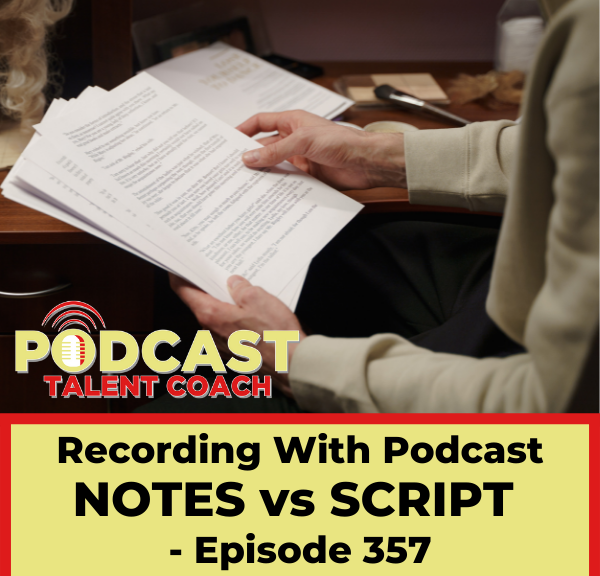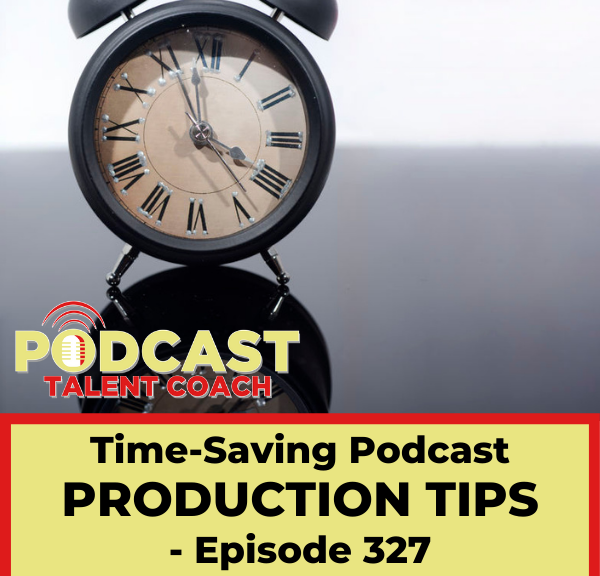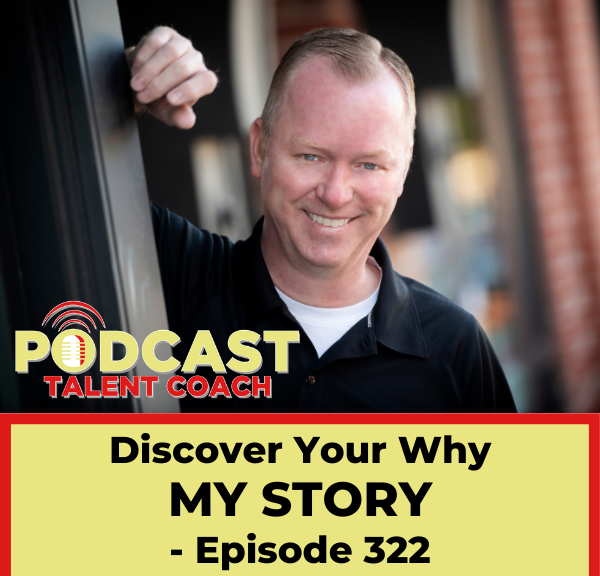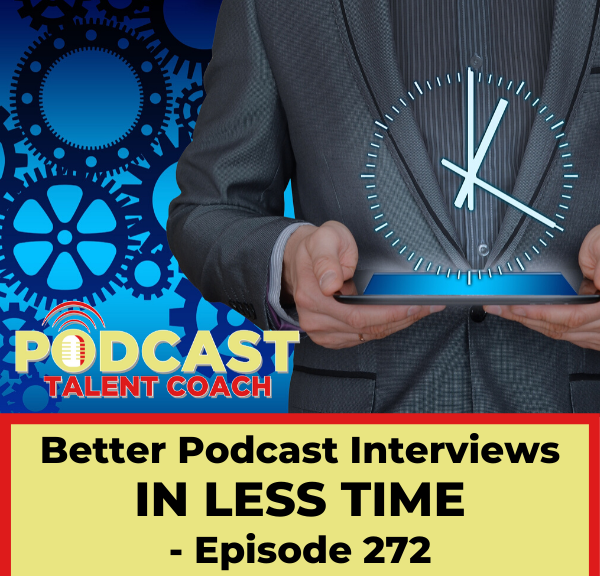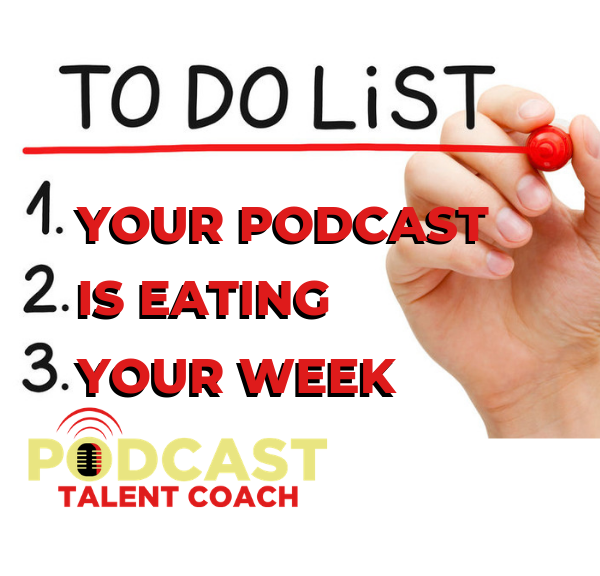Podcast: Play in new window | Download
Subscribe: RSS
I did a Facebook Live “Ask Me Anything” the other day on the Podcast Talent Coach Facebook Page. On it, you got answers to your podcast questions.
We talked about everything from selling and monetizing your show to using text messaging as a way to interact with your listeners.
I thought I would share those answers with you today.
BOOTCAMP
Before we jump into it, I want to invite you to a powerful event I am holding where I will help you build your podcast monetization strategy. We actually get stuff done in this day-long bootcamp.
So many times, we go to webinars hoping to learn something only to find out it is full of fluff. We might walk away with one or two ideas after an hour. But we are really only there for the sales pitch.
You now have a chance to join me for a 6-hour Podcast Profits Bootcamp where I will walk you through the entire process to build your podcast monetization strategy. It’s actually 7 hours, but you get an hour for lunch.
During this event, we will build a few ways to monetize your show that are perfect for you. This isn’t one size fits all. It is specific to your podcast.
You can enroll at www.PodcastTalentCoach.com/bootcamp.
You will get a workbook that will help you stay on track as we develop your strategy. During the bootcamp, we walk through the workbook step-by-step.
We will start with your foundation to ensure you are building on solid ground. Then, we will develop your purpose. I’ll show you why most podcasts don’t make money, so you can avoid those pitfalls.
Many people think ads and sponsorships are the way to make money with your show. That is a myth. It is the worst way. Sponsorships require a very large audience and a lot of sales time. Ads also have a revenue ceiling.
I’ll show you a better way during the Podcast Profits Bootcamp. I won’t just show you, we will build it together. We will discuss the various ways you can monetize your show, and we will pick the strategy that is right for you.
Finally, you will have plenty of time to ask me questions to refine your strategy.
This is so much more than a webinar or workshop. It is a bootcamp where we will actually get things done.
Where most webinars last an hour, this is an all day event.
REGISTER
Registration for the Podcast Profits Bootcamp is $197 for this 6-hour bootcamp and your workbook. More importantly, you walk away with your monetization strategy for your show.
Right now, you can enroll for $197. Enroll now and secure your spot.
You can enroll at www.PodcastTalentCoach.com/bootcamp.
If you are ready to build your podcast monetization strategy, the Podcast Profits Bootcamp is for you. You’ve spent enough time attending empty webinars and trying to find sponsors. Now is the time to build a real strategy.
Let’s sweeten the deal for you a little more. If you enroll in the Podcast Profits Bootcamp, You will also get a bonus prep call to get you ready for the event. This is where we help you gather all of the information and ideas you’ll need before the bootcamp begins.
Let’s get you registered for the Podcast Profits Bootcamp. Jump in right now at www.PodcastTalentCoach.com/bootcamp.
QUESTIONS
My biggest challenge is growing the audience. What’s the best way? – David
How do I maximize the content while minimizing the time & effort? – Anne
I’d love to know if you have any thoughts on SMS text marketing? I think I’d be able to get more engagement if my busy moms could simply text me a question about a product or service instead of sending in a voicemail or sending an email. Do you have any recommendations for a service provider to work with? – Laura
How do I direct people to more than the freebie. – Karen
How do you know your worth? I’m not good at selling. – Mike
Offer things without making it sound like an ad. Hard to make yourself likable while selling something. – Cheryl
How does the podcast fit into the whole marketing plan? – Bruce
GET ANSWERS – ASK ME ANYTHING
I will be doing more “ask me anything” sessions on the Podcast Talent Coach Facebook page. If you are not following me there yet, head to PodcastTalentCoach.com/Facebook.
I would love to have you join us and get your questions answers to your podcast questions.
BOOTCAMP
Come join us for the Podcast Profits Bootcamp. It is a powerful event that will help you build your podcast monetization strategy.
So many times, we go to webinars hoping to learn something only to find out it is a big sales pitch. We might walk away with one or two ideas after an hour. But we are really only there for the sale.
You have a chance to join me for a 6-hour Podcast Profits Bootcamp where I will walk you through the entire process to build your podcast monetization strategy.
During this event, you will discover 9 different ways to monetize your show. Then, we will build your specific way to generate revenue that is perfect for you. This isn’t one size fits all. It is specific to your show.
You will get a workbook that will help you stay on track as we develop your strategy. During the bootcamp, we walk through the workbook step-by-step.
We will start with your foundation to ensure you are building on solid ground. Then, we will develop your purpose.
Many people think ads and sponsorships are the way to make money with your show. That is a myth. It is the worst way. Sponsorships require a very large audience and a lot of sales time. Ads also have a revenue ceiling.
I’ll show you 9 better ways during the Podcast Profits Bootcamp. I won’t just show you, we will build it together. We will discuss the various ways you can monetize your show, so you can pick the strategy that is right for you.
Finally, you will have plenty of time to ask me questions to refine your strategy.
This is so much more than a webinar or workshop. It is a bootcamp where we will actually get things done.
Where most webinars last an hour, this is a 6-hour, all day event.
REGISTER
Registration for the Podcast Profits Bootcamp is $197 for the 6-hour bootcamp, your workbook and your monetization strategy for your show.
You can get the details at www.PodcastTalentCoach.com/bootcamp.
If you are ready to build your podcast monetization strategy, the Podcast Profits Bootcamp is for you. You’ve spent enough time attending empty webinars and trying to find sponsors. Now is the time to build a real strategy.
Let’s get you registered for the Podcast Profits Bootcamp. Jump in right now at www.PodcastTalentCoach.com/bootcamp.
